7 Things You Could be Recycling From Your Craft Supplies
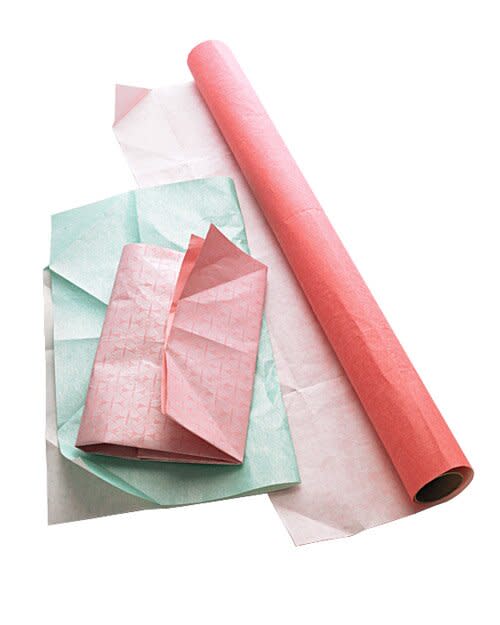
After a successful crafting session, more often than not we're left with leftover scraps and supplies. A natural instinct for some and the easiest solution would be to simply throw it all away - but did you know that you can recycle most of it and dispose the rest properly to save the environment? In honor of Earth Day, here's how you can be a more eco-friendly crafter.
1. Paper
Paper currently takes up almost 30 percent of trash generated every year, luckily it also has a pretty high recycling rate - 65 percent of paper used in the US was recycled in 2014. Paper is one of the easiest things to recycle as there are collection bins almost everywhere at the ready to collect your paper. Recycling paper helps preserve the environment immensely by saving trees and other natural resources, as it can be recycled and reused as paper again. Before you recycle your used paper, remember it can always be used for notes or sketches.
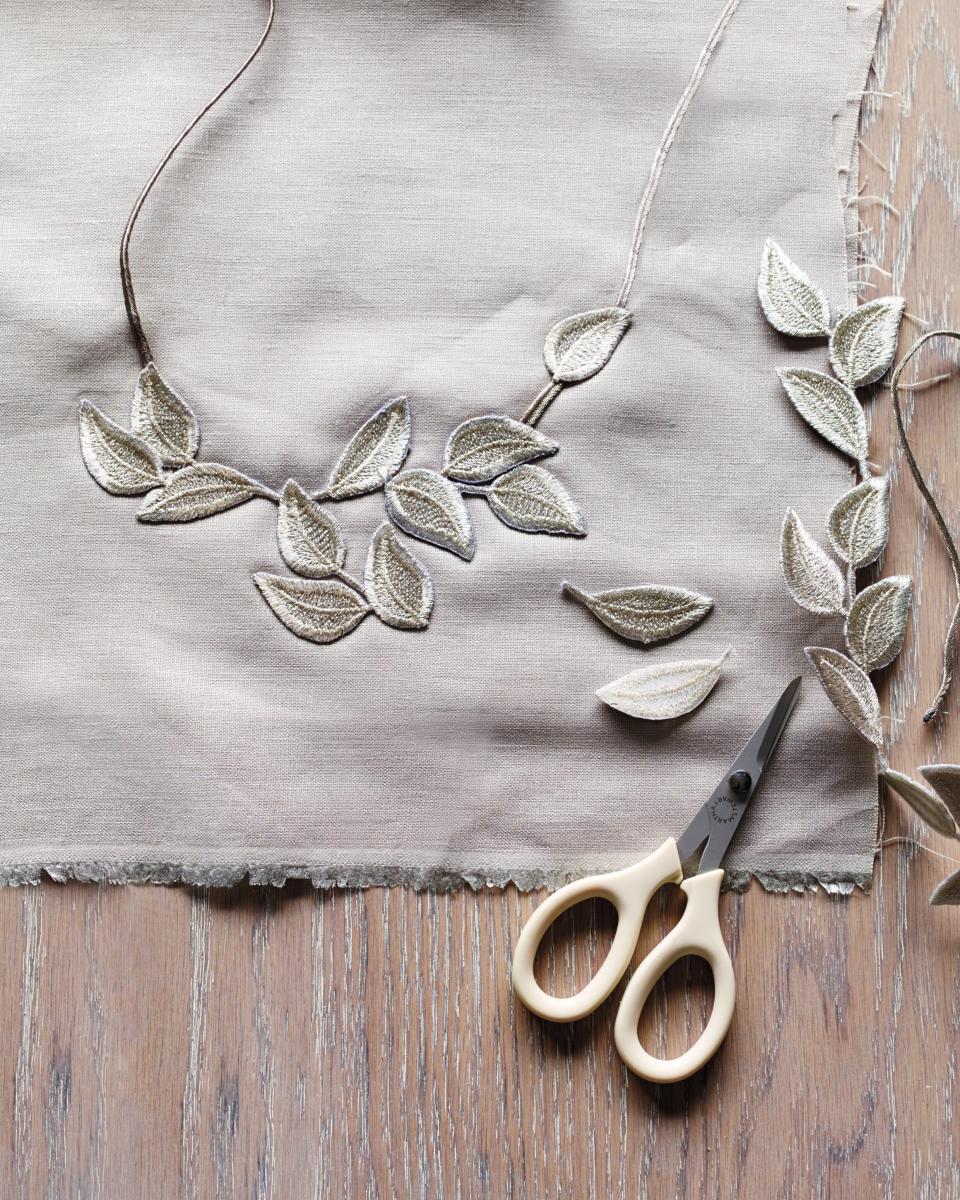
Johnny Miller
2. Fabric
While fabric scraps are safe to be put in the garbage, they can also be donated to local companies in your community who will reuse the scraps. These companies will use fabric scraps to make clothing, rags or even chop them up to use them for insulation. If your community doesn't have a place to send fabric scraps then try and think of ways to reuse them yourself, why not make a memory quilt?
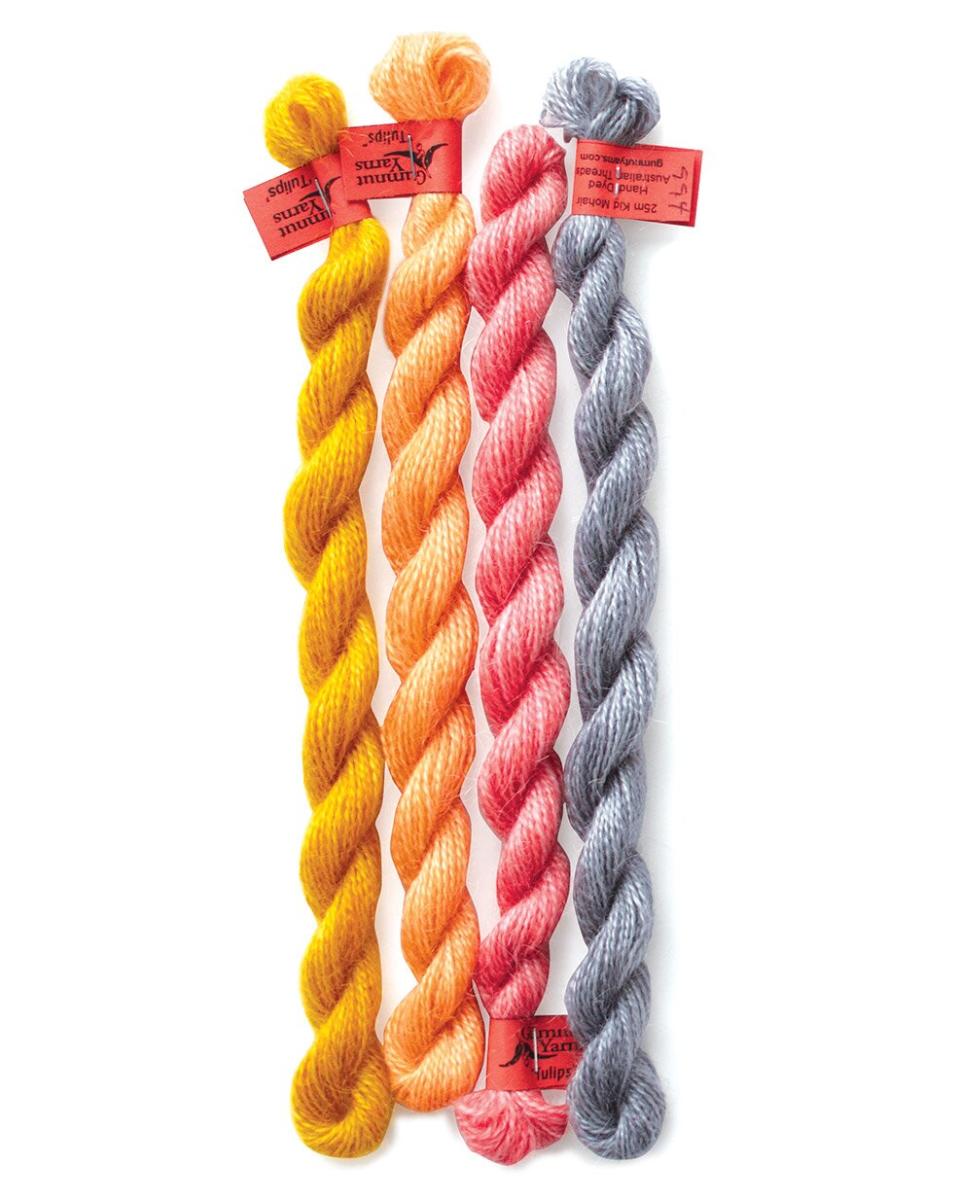
3. Yarn and Thread
You may not have known this but you can compost small pieces of yarn and thread, in a local composting bin or in your own at home. Another possibility is to put your leftover yarn and thread in an open container in your backyard - birds will take them to help build their nests.
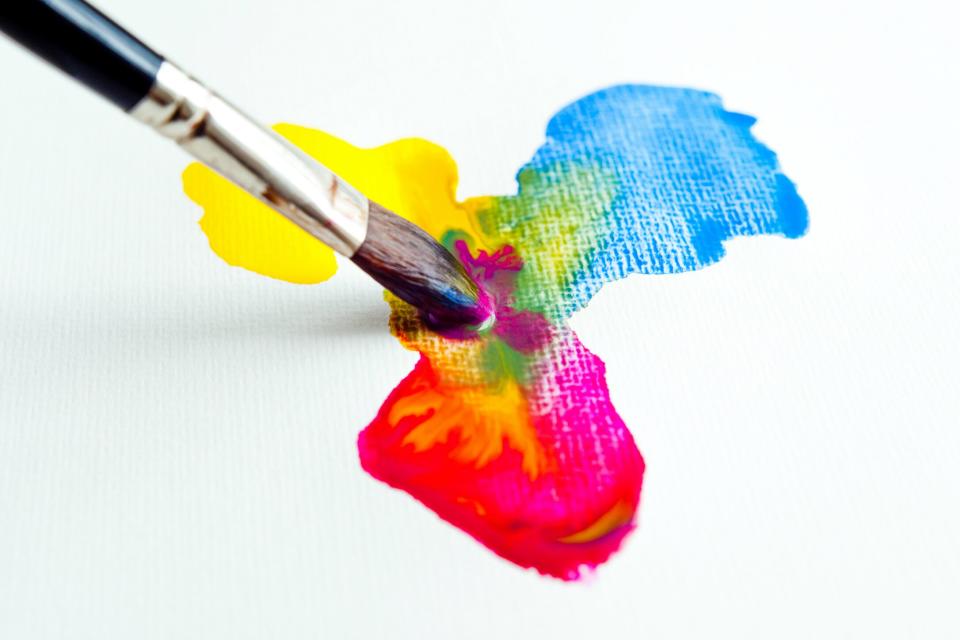
Guido Mieth/Getty
4. Paint
Liquid paint should never be put in the garbage or poured down the drain, as it can contaminate our water resources and the environment. Do your best to use all your paint or find someone who will - if you need to dispose of it, make sure it's dried out first. Unwanted dried out latex paint can be discarded in the trash in a plastic lined box - however, unwanted oil-based paint should be dried out by adding kitty litter to the paint and taken to your local household hazardous waste collection center. Empty cans and lids can be washed out and recycled.
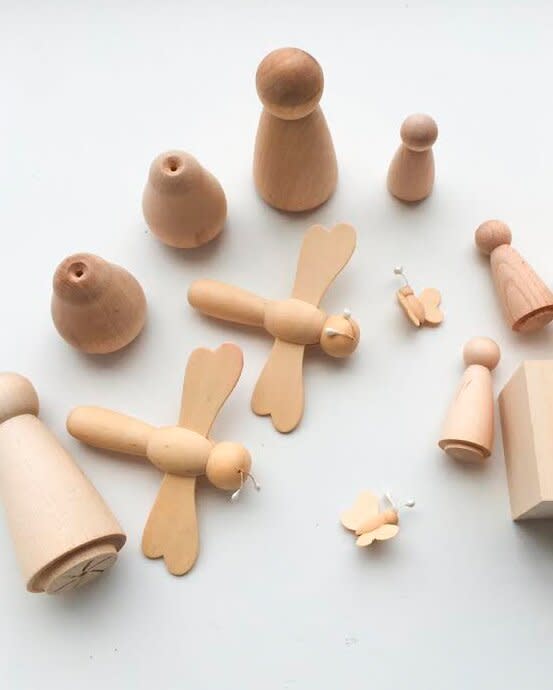
5. Wood
Whether you can recycle wood or not depends on whether it's treated or untreated. Untreated wood has a plethora of uses, it can be chipped and used in compost or mulch, used as firewood, taken to recycling centers or donated to a local Habitat for Humanity ReStore or another nonprofit home improvement store. Treated wood on the other hand, should not be burned as it could emit toxic fumes - either take it to a landfill to be disposed of or find a way to reuse it in another project.
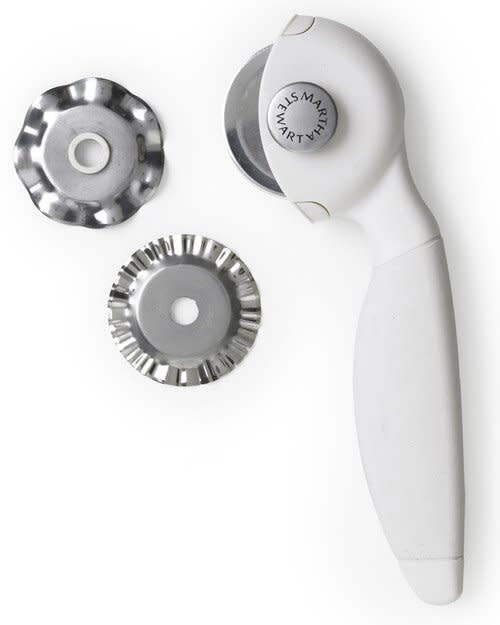
6. Rotary Cutting Blades, Sewing Needles and Pins
One thing to do with a dull rotary cutting blade is to use it to cut paper when it's too dull to cut through fabric. However, if you want to dispose of your blades, sewing needles, and pins, call your local recycling center or a scrap metal business who should be able to take them. While they're still in your house, be sure to safely store these items in containers as to not cut yourself.
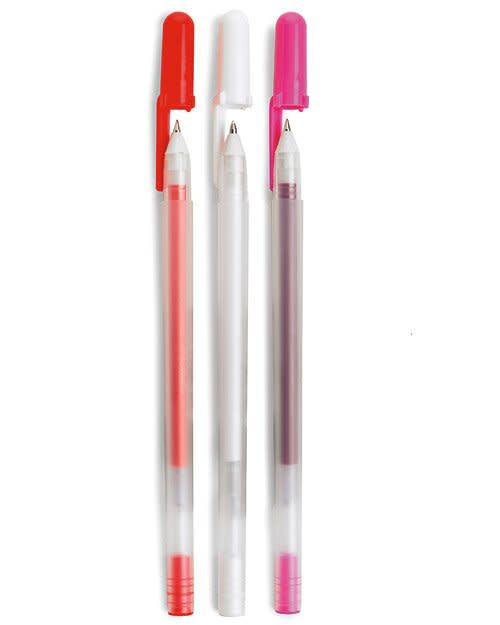
7. Drawing Utensils
Sponsored by Sharpie and Papermate, TerraCycle (a great company that provides free waste collection programs for hard to recycle materials) ran a program that recycled over 3 million pens, markers and pencils and in doing so raised over $67,00 for charity. Although the program is currently not running another great way to recycle pens, pen caps, highlighters, markers and mechanical pencils is by sending them to Costas Schuler who runs penguyart.com. He takes these utensils and reuses them in his artwork. As of today, he has collected and reused over 400 thousand pens.
Feeling inspired to reuse your crafting supplies? Watch how to make some yarn pom-poms:

